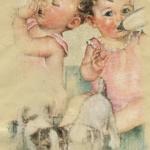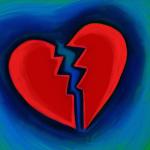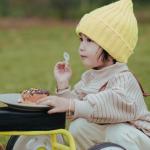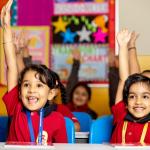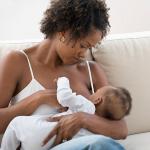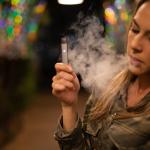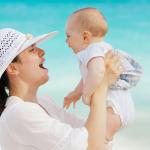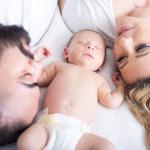During the week starting April 24, 2022, 40% of baby formula was out of stock in more than 11,000 s
Parents & Kids
Law firms are now actively working to gather clients for class action lawsuits against baby food manufacturers.
[I would mention the study, main author and journal as a little foreplay here.]
At just three months old and with no warning, my older brother—my parents' first child—died in his sleep at the babysitter's house, a tragic case of a very rare condition called sudden infant d
Breastfeeding is the natural alternative to commercial infant formulas.
If you're a parent, the chances are good that you know at least one other parent who worries about everything: toxic baby food, pesticides, stranger danger, drug use, COVID—you name it, they're worried it's going to kill their children.
I wrote the other day about the effects of “chemosignals,” scents or odors from a newborn's scalp on aggression by their mothers and fathers.
Pheromones are air-borne signals transmitted between members of the same species.
Bad baby advice is ubiquitous, it seems. You can find it in every corner of the internet, sometimes proffered by well-meaning but misinformed parenting groups on social media, but more often by websites with ulterior motives.
